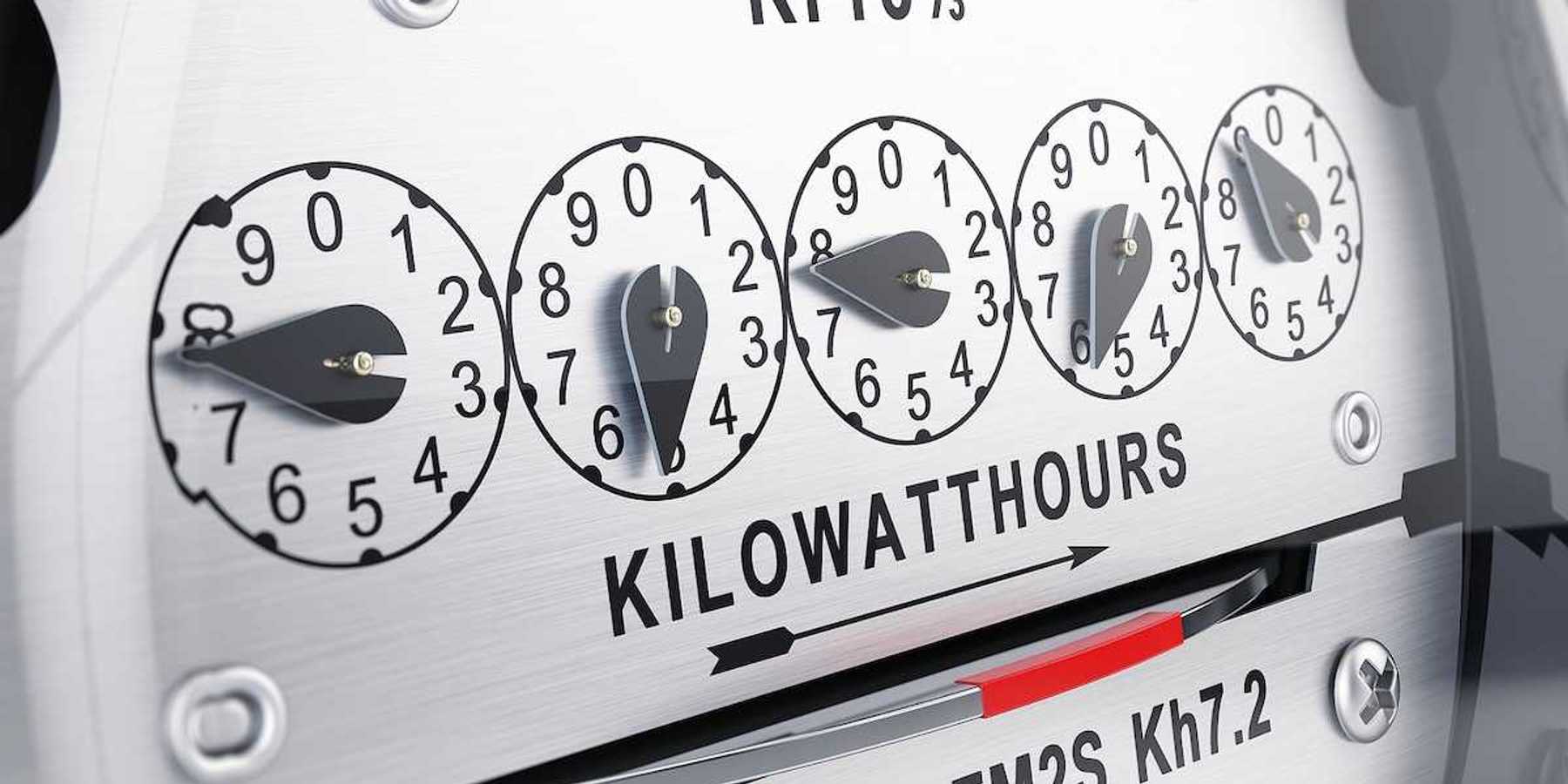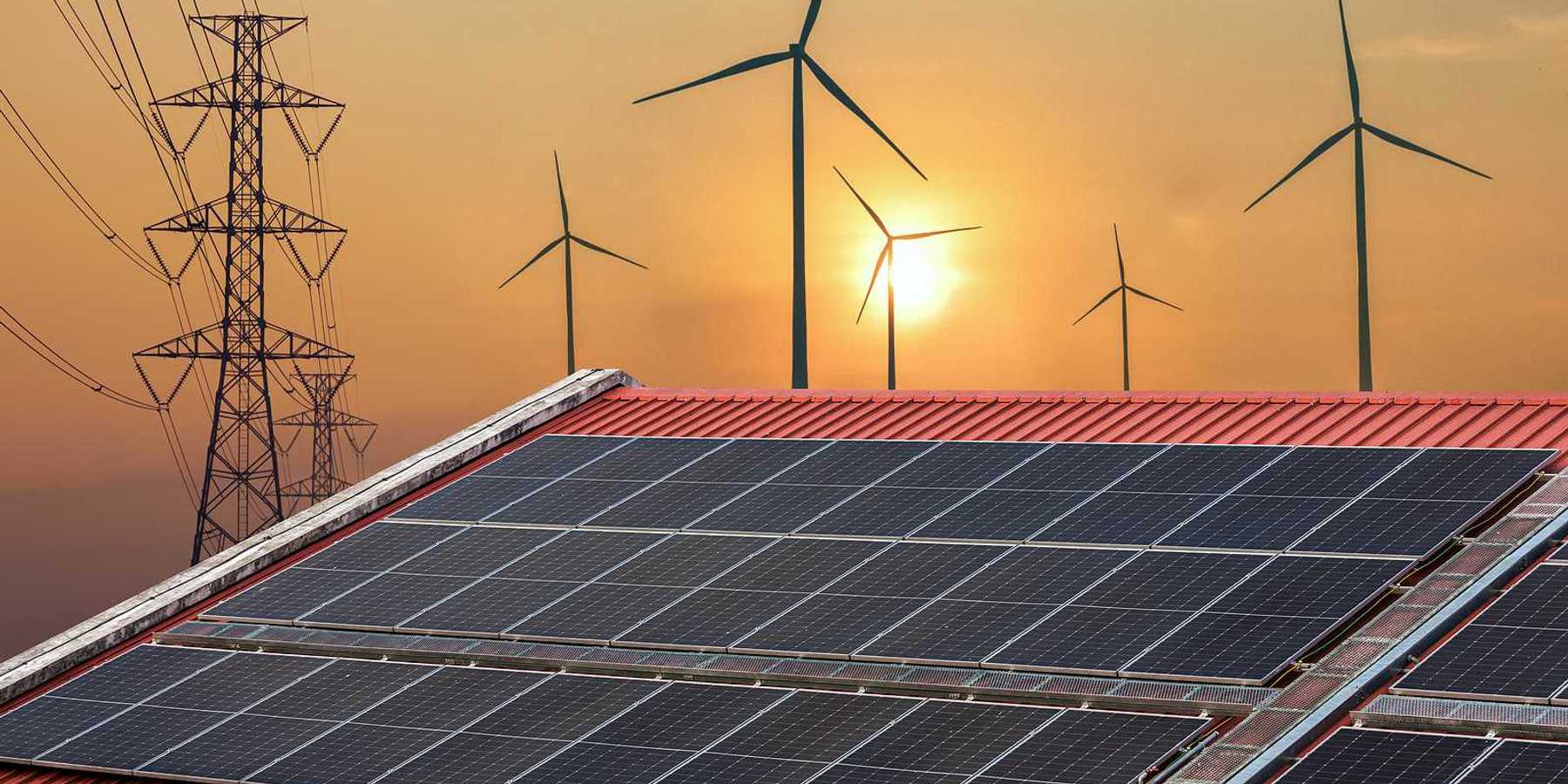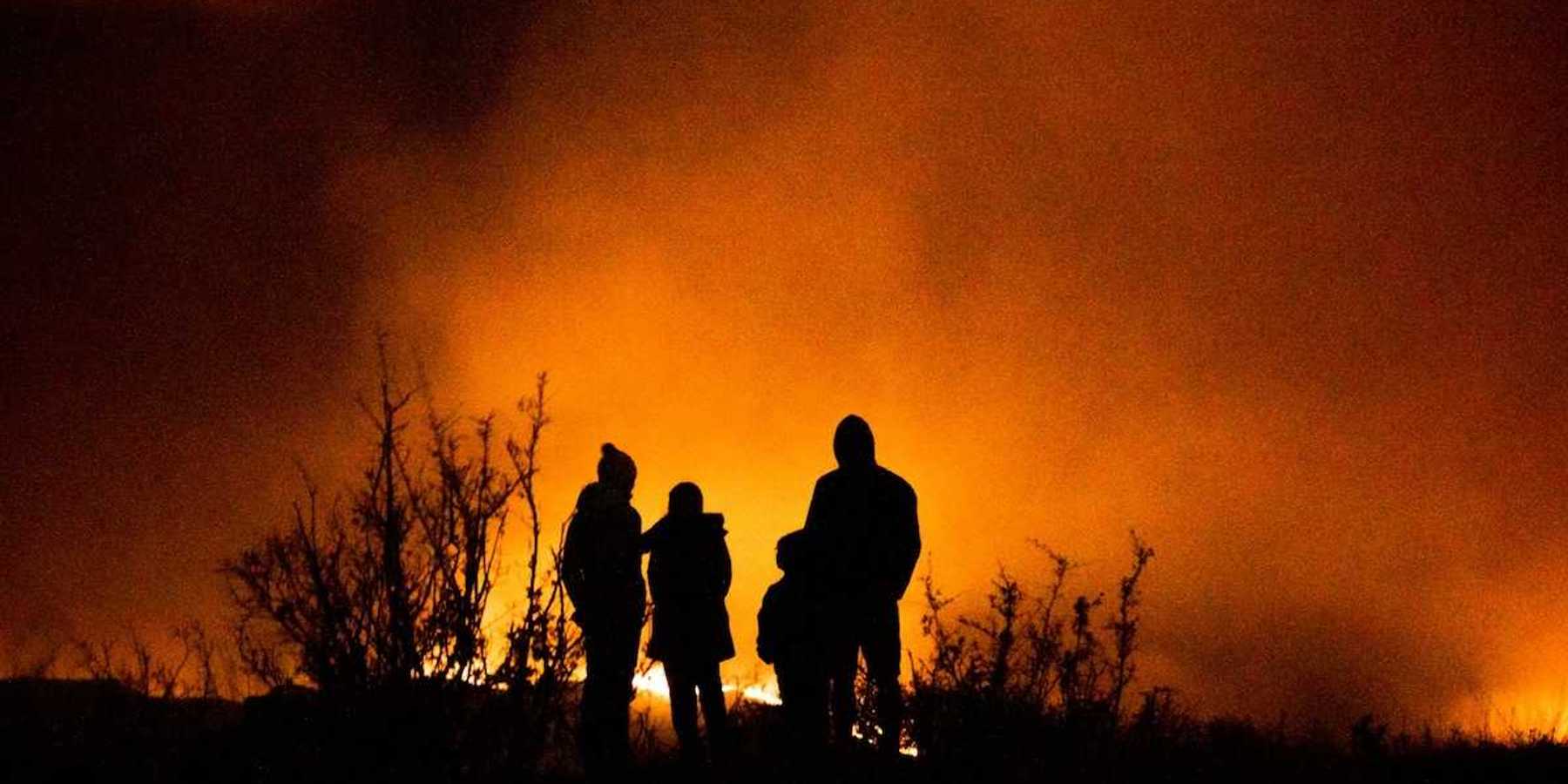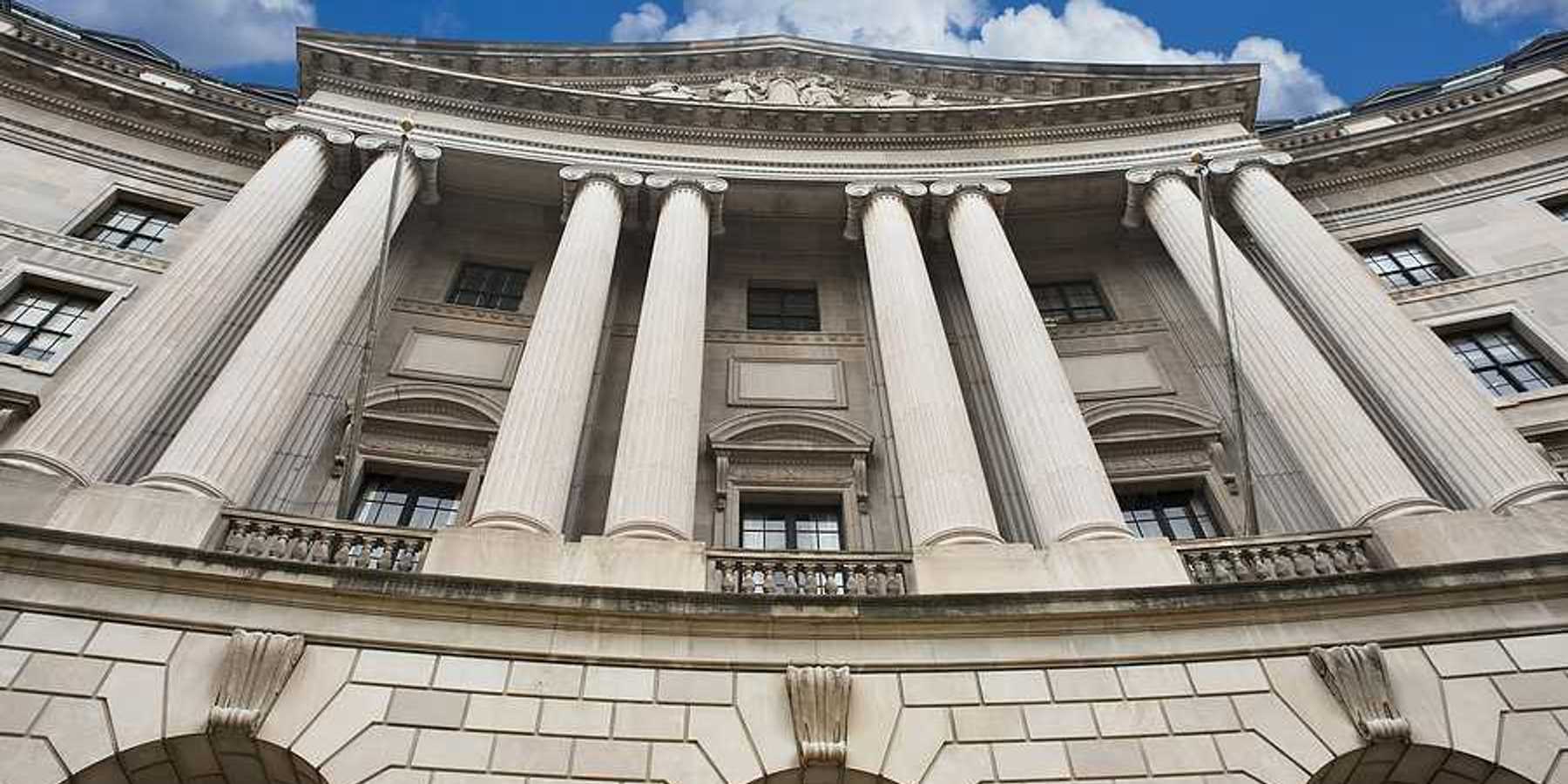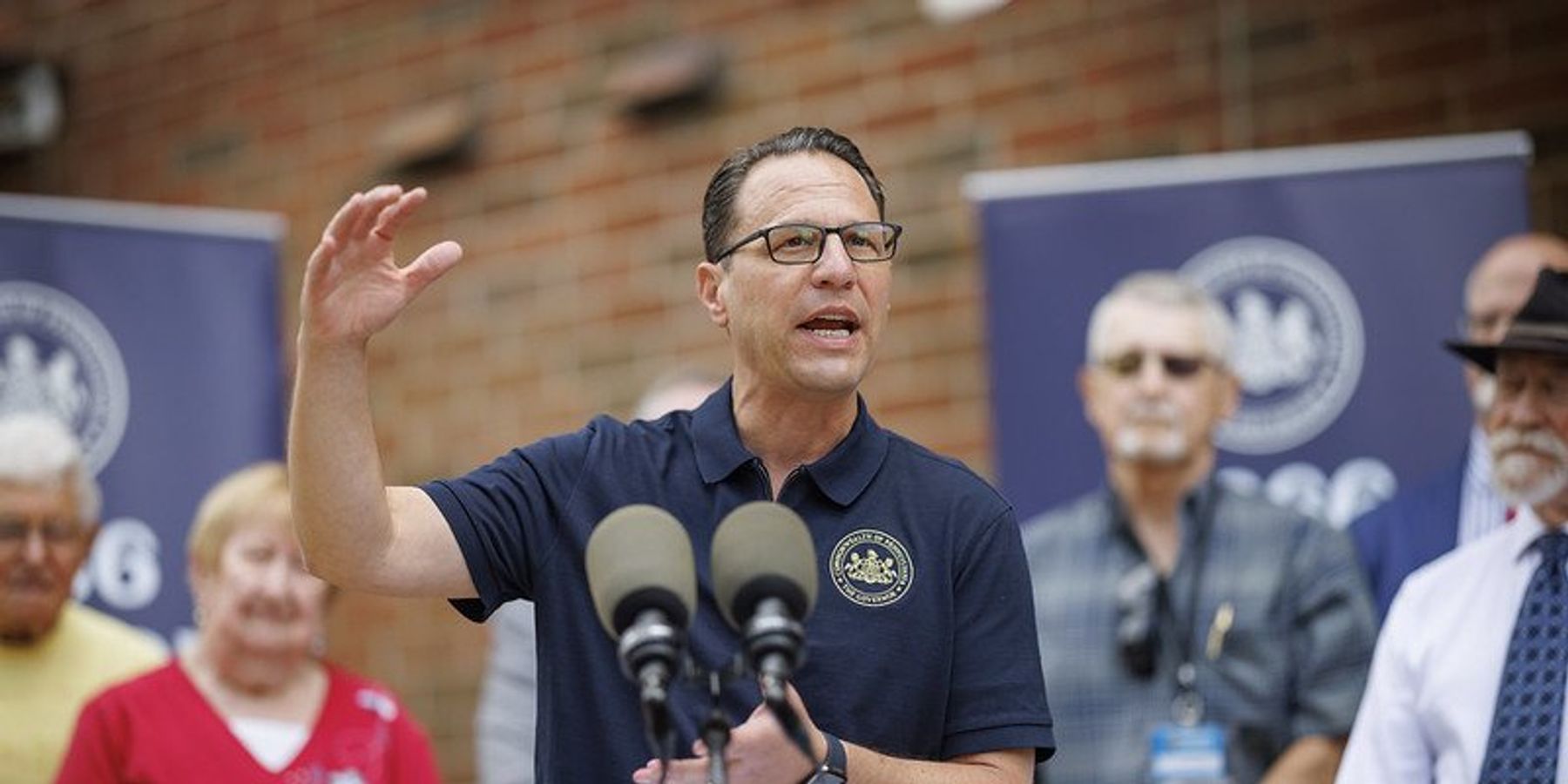
Pennsylvania governor signs controversial carbon storage bill into law, paving the way for hydrogen hubs
The bill was opposed by 45 environmental groups.
PITTSBURGH — On July 17, Pennsylvania Governor Josh Shapiro signed into law a carbon capture and storage bill that creates a legal framework for climate-warming carbon emissions captured from burning fossil fuels to be injected underground and stored indefinitely to prevent them from escaping into the atmosphere.
The bill is controversial because carbon capture and storage technology is still new and scientific researchers have unanswered questions about whether it’s a viable climate solution and whether it will pose health and safety risks to communities.
A handful of environmental advocacy groups supported the bill, including the Clean Air Task Force, which said in a statement that carbon capture and storage technologies will “play a role in decarbonizing the industrial and power sectors of the commonwealth’s energy economy.”
However, around 45 environmental advocacy groups wrote letters urging the Pennsylvania state legislature and Gov. Shapiro not to pass the bill. Those groups have spoken out against the new law, saying in a statement that it guarantees “Pennsylvania will not be part of any climate solution.”
“Governor Shapiro should be ashamed of signing a bill that threatens the public and our environment with the dangers of carbon capture and storage, all for the benefit of special interests, namely the fracking industry,” Tracy Carluccio, deputy director of the Delaware Riverkeeper Network, said in a statement. “This is a terrible day for the Commonwealth and we’ll experience the harms far into our future.”
The groups also expressed concern about the unusual way the bill moved through the legislature. In the state House, the bill was never referred to the House Environmental Resources and Energy Committee, but instead went through the Consumer Protection, Technology and Utilities Committee and was advanced without discussion.
As a result, “there were no hearings or discussions,” said Karen Feridun, co-founder of the Better Path Coalition, a Pennsylvania-based environmental advocacy group. “In the end, an unproven, failed technology was deemed to be in the public interest.”
The new law will pave the way for two proposed, federally-funded hydrogen hubs in Pennsylvania that will rely on carbon capture and storage.


